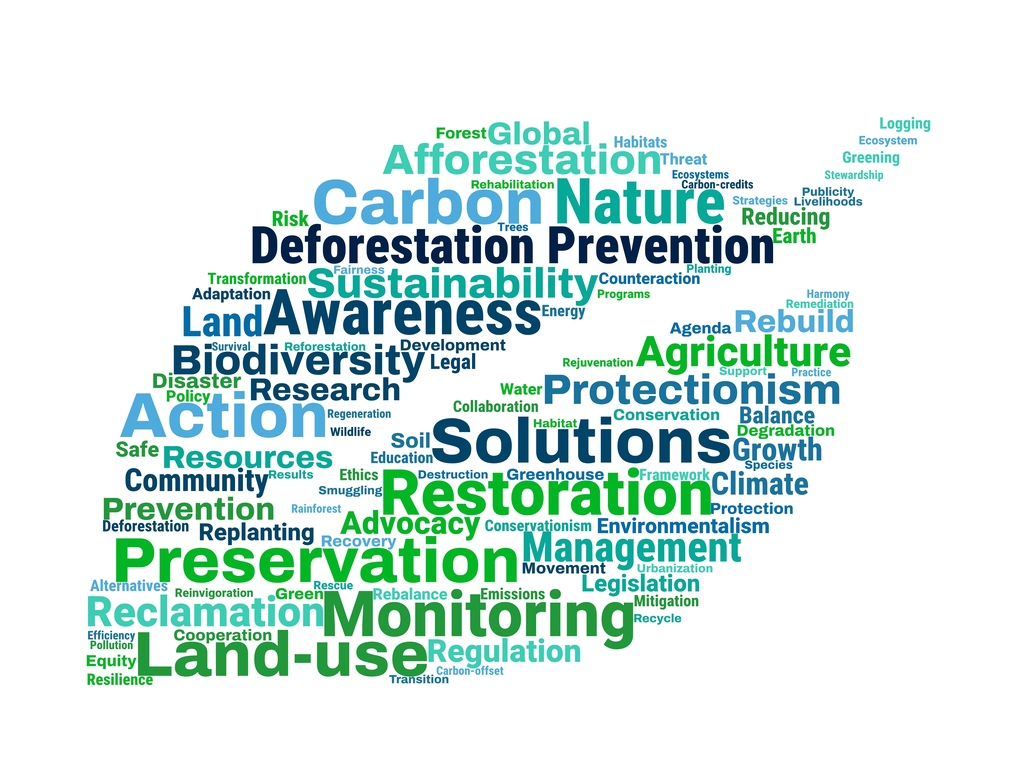
Greenpeace has secured a significant victory for biodiversity protection. The Court of The Hague has ordered the Dutch State to intensify its efforts to protect biodiversity and meet the statutory nitrogen reduction targets for 2030.
The Good: the Dutch State is required to act
The Court's ruling establishes that the State must adhere to its own legislative nitrogen targets. These targets are considered an absolute minimum, with no deviation allowed without compelling justification. The Court mandates that nitrogen levels must be reduced to statutory limits in at least 50% of designated Natura 2000 areas, prioritizing those most in need of care.
The Bad: Government Actions fail, Badly
The Court found the Dutch State acted unlawfully by failing to adequately protect biodiversity. Existing research demonstrates that the State's current measures fall short of achieving the 2025 and 2030 targets. Furthermore, the Court believes the 2035 targets will remain unmet with the present approach. Recent government decisions were even viewed as regressive, despite the clear need for additional action.
The Ugly: An Unprecedented Penalty
In an extraordinary move, the Court imposed a €10 million penalty if the State fails to comply with its ruling. This is unusual, as courts typically expect governmental compliance based on "constitutional courtesy." However, given the State's persistent unlawful behavior and reluctance to meet nitrogen reduction targets, the Court felt compelled to take this step.
An Important Reminder: The Role of Judicial Oversight
Amidst growing debates about environmental litigation, the Court carefully clarified its role. While acknowledging that judges should not dictate political choices, the ruling emphasizes the judiciary's critical responsibility to ensure government actions remain within legal boundaries.
The Court stressed that its function is to assess whether the government and parliament have operated within the law—including European regulations and self-established statutes. This legal protection, even when directed at the government, remains an essential aspect of the rule of law.
Read the judgment (in Dutch) here →